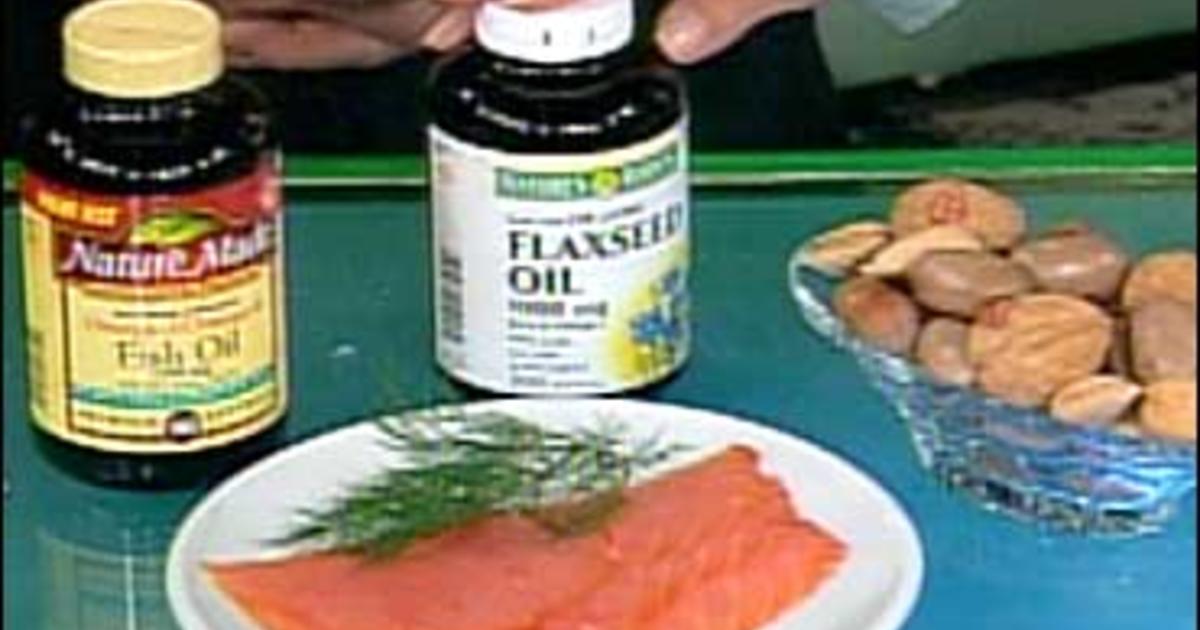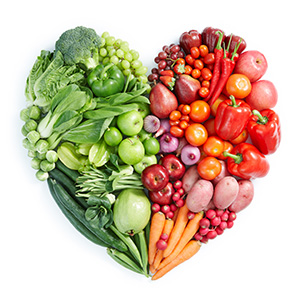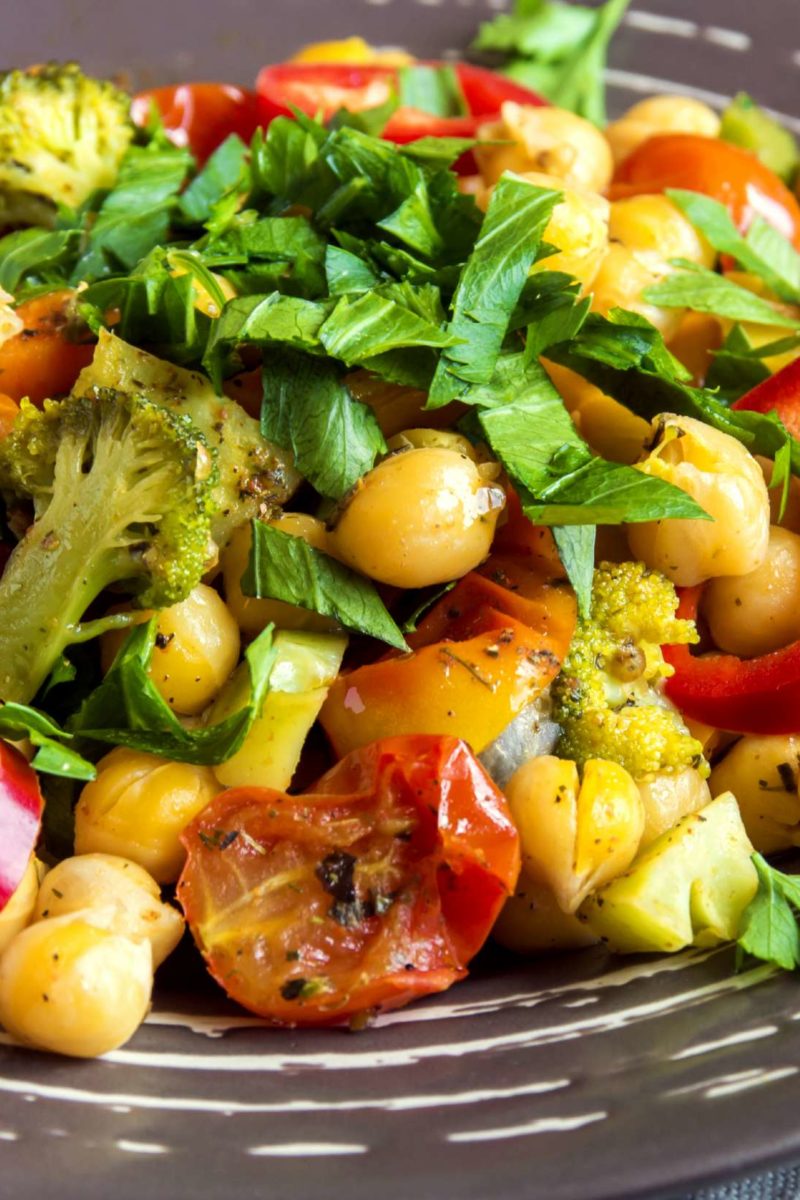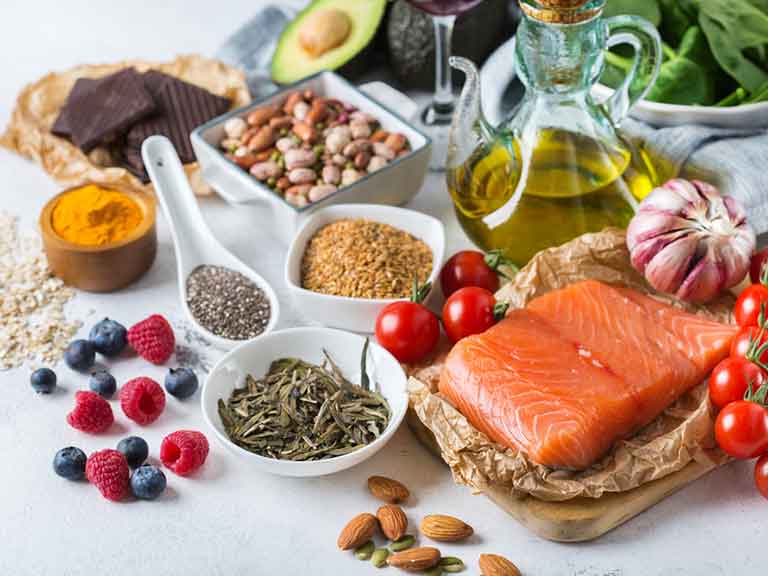Ready to leave?
Oops ! Condition name you have entered is invalid.
You are now leaving Aposbook.com and going to an external site managed by another organization.
Please confirm your email address and try to login again.
This account has been deleted. do you want to restore it?

Validate your email
A verification link will be sent to within the next 2 minutes. Please click it to validate your e mail.
*If you didn't get the link, please check your spam folder
Welcome to Aposbook,
As a registered user, you can benefit from the various free tools and services that we provide.
All you need to do is log in to start discussing with others, interacting, asking questions, and sharing your point of view about the various topics.
You can also write reviews and testimonials about any natural solution you have tried and share your experience. Your feedback can be very helpful.
If you are a health expert, you can add information about any topic or suggest text edit. You can also publish content, including articles and videos, about any topic from the related library section.
Together we can help.
The Aposbook Team
Forgot Password?
A validation link will be sent to you by email. Please confirm your address to log in
*If you didn't get the link, please check your spam folder
Please log in to use this feature
Your account has been suspended because you have violated our code of conduct. If you think this was a mistake, you can contact us by email at: support@aposbook.com "Contact us" form.
Success! Thank you for your feedback. Your contribution can make a difference. Together we can help each other.


Diet Programs
Anti-Inflammatory Diet
Anti-Inflammatory Diet: Foods, Plan, and Benefits
Complete Guide to Anti-Inflammatory Diet
What is the Anti-inflammatory Diet
The anti-inflammatory diet is a food regimen known for its anti-inflammatory healing properties. It is mainly made up of foods types that have the capability to reduce inflammation in the body.
The anti-inflammatory diet is very common and widely recommended by many health and nutritional experts.
It is believed to have the capability to treat and prevent several medical and health conditions, mainly by reducing inflammation which is a main aspect present in many diseases and medical ...
What is the Anti-inflammatory Diet
The anti-inflammatory diet is a food regimen known for its anti-inflammatory healing properties. It is mainly made up of foods types that have the capability to reduce inflammation in the body.
The anti-inflammatory diet is very common and widely recommended by many health and nutritional experts.
It is believed to have the capability to treat and prevent several medical and health conditions, mainly by reducing inflammation which is a main aspect present in many diseases and medical conditions. Plus, the diet improves overall health as it focuses on healthy foods and avoid fatty and processed ones.
How the Anti-Inflammatory Diet works
The anti-inflammatory diet focuses on consuming food elements that have anti- inflammatory effects on the human body, hence the diet can support and speed up the body healing process. It also improves the physical and mental health, and provides balanced energy sources.
The diet is based mainly on replacing sugar and refined products with whole nutrient-dense foods. It is also rich in antioxidants, which are molecules known to fight off free radicals. These free radicals ...
How the Anti-Inflammatory Diet works
The anti-inflammatory diet focuses on consuming food elements that have anti- inflammatory effects on the human body, hence the diet can support and speed up the body healing process. It also improves the physical and mental health, and provides balanced energy sources.
The diet is based mainly on replacing sugar and refined products with whole nutrient-dense foods. It is also rich in antioxidants, which are molecules known to fight off free radicals. These free radicals are molecules that damage the cells in the body and increase the risk of getting many diseases.
There is not one single anti-inflammatory diet to follow, mainly because it is made up of a variety of foods that are known to fight and decrease inflammation. These foods include whole grains, legumes, healthy fats, fruits and vegetables containing high fiber content, minimal animal protein (excluding seafood), and lot of water.
Numerous diets do follow the same principles of the anti-inflammatory diet, and as such they have similar healing benefits, like for example the Mediterranean diet. This diet contains fish, whole grains and healthy fats as well but it is mostly inspired by the eating habits of Greece, Southern Italy, and Spain in the 1940s and 1950s.
The Anti-Inflammatory Diet foods
The anti-inflammatory diet is quite important given its positive healing effects and contribution in decreasing various inflammation aspects. Below is a detailed explanation how the various food types incorporated in this diet can contribute and impact the healing process:
- Whole grains: these grains such as oats, quinoa, barley, bulgur, wild rice, amaranth, millets and whole-wheat are foods that contain the essential nutrients of the seed. Consumption of whole grains has shown to reduce oxidative stress, which ...
The Anti-Inflammatory Diet foods
The anti-inflammatory diet is quite important given its positive healing effects and contribution in decreasing various inflammation aspects. Below is a detailed explanation how the various food types incorporated in this diet can contribute and impact the healing process:
- Whole grains: these grains such as oats, quinoa, barley, bulgur, wild rice, amaranth, millets and whole-wheat are foods that contain the essential nutrients of the seed. Consumption of whole grains has shown to reduce oxidative stress, which is a factor that results in inflammation. It also shows an increase in adiponectin levels which is a hormone in the body that has anti-inflammatory and anti-oxidative properties.
- Legumes: these legumes such as lentils, kidney beans, soybeans, chickpeas, fava beans, and black beans have shown to decrease C-reactive protein (CRP) levels. CRP is an inflammation marker that is measured in the blood. High levels of CRP indicate inflammation, infections or other medical conditions.
- Nuts and Seeds: these nuts and seeds such as walnuts, flax seeds, and pumpkin seeds (excluding peanuts) have shown decreased inflammatory marker levels such as CRP. It is important to note though that nuts should be consumed raw and unsalted.
- Vegetables and fruits: bright colored and green leafy vegetables as well as a variety of fresh fruits (including berries) are rich in vitamin C and many other antioxidants. Antioxidants are molecules that quench free radicals that are known to damage the cells and causing diseases.
- Fish and Seafood: Salmon, mackerel, trout and shellfish among many others are important sources of omega-3 fatty acids. The body uses omega-3 to produce prostaglandins, which are chemicals that play a role in reducing inflammation. This is mainly because omega-3 consists of eicosapentaenoic acids (EPA) that produce prostaglandins which have anti-inflammatory effects.
- Lean poultry: proteins aid the body to repair or produce new cells as well as antibodies, enzymes and hormones. Lean protein sources have shown to decrease inflammatory biomarkers, therefore decreasing levels of inflammation.
- Soy products: sources of soy include soybeans, chickpeas, tofu, soymilk and tempeh. These products contain isoflavones that are a micronutrient in soy which have been reported to have anti-inflammatory properties.
- Oil: such as Canola oil and Extra Virgin Olive oil have been associated with decreased inflammation since they are rich in omega-3 fatty acids. However, it is recommended to use oils in moderate amounts.
- Herbs and Spices: such as basil, parsley, cinnamon, cumin, ginger, turmeric and many others can replace sugar, salt and additional saturated fat. They contain antioxidants, which are used in the management of inflammation.
The diet also excludes food items which are believed to cause inflammation such as refined grains, wheat, corn, full-fat dairy, red meat, caffeine, alcohol, peanuts, sugar, and saturated and trans-fats. Hence, the diet helps reducing bad effects on health as much as possible.
The Anti-Inflammatory Diet Nutrition Breakdown
The food selection is mainly made to maintain health while reducing inflammation, however the daily caloric consumption varies per person, based on gender, size and activity level.
The daily caloric requirements, carbohydrates make up 40-50%, fat 20-30% and protein 20-35%. These macronutrients should be included and spread throughout each meal, if possible.
Based on a 2000 calories/day diet:
|
Macronutrients |
Calories/day |
Grams/day |
|
Carbohydrates (50%) |
1000 |
250 (25-35 of which are dietary fiber) |
|
Protein ... |
The Anti-Inflammatory Diet Nutrition Breakdown
The food selection is mainly made to maintain health while reducing inflammation, however the daily caloric consumption varies per person, based on gender, size and activity level.
The daily caloric requirements, carbohydrates make up 40-50%, fat 20-30% and protein 20-35%. These macronutrients should be included and spread throughout each meal, if possible.
Based on a 2000 calories/day diet:
|
Macronutrients |
Calories/day |
Grams/day |
|
Carbohydrates (50%) |
1000 |
250 (25-35 of which are dietary fiber) |
|
Protein (25%) |
500 |
125 |
|
Fat (25%) |
500 |
55.5 |
The Anti-Inflammatory Diet program
The anti-inflammatory diet can be adopted as a lifestyle that can always be maintained, as such there is no time restriction for this diet. Also, there is no single standard type of anti-inflammatory diet that people should follow, instead the diet should be customized based on the individual’s specific needs.
Below is a detailed list of the anti-inflammatory diet program showing how different food types can be consumed, along with the quantities for each:
-Fruits: consume 3-4 ...
The Anti-Inflammatory Diet program
The anti-inflammatory diet can be adopted as a lifestyle that can always be maintained, as such there is no time restriction for this diet. Also, there is no single standard type of anti-inflammatory diet that people should follow, instead the diet should be customized based on the individual’s specific needs.
Below is a detailed list of the anti-inflammatory diet program showing how different food types can be consumed, along with the quantities for each:
-Fruits: consume 3-4 servings of fruits per day (3 medium sized pieces of fruits per day). It is important to eat a variety of fruits daily since they are rich in antioxidants and other vitamins that fight against inflammation. Focus on colored berries, grapes and cherries.
- Vegetables: consume 4 – 5 servings per day (equivalent to 2 to 3 cups). Eat a variety of bright colors vegetables, in addition to dark leafy greens.
- High fat fruits: eat high fat fruits such as avocadoes because they are rich in vitamins, minerals and healthy fats plus they help to fight inflammation. Consume in moderate amounts because avocadoes are high in fat.
- Olive oil: add 2-3 tablespoons of olive oil to meals per day. Olive oil is rich in omega-3 and contains oleocanthal, which is a polyphenolic antioxidant that reduces inflammation.
- Fish: consume fish at least twice per week as it contains omega-3, which lowers inflammation. Good sources include salmon, mackerel and sardines.
- Nuts: one handful per day is recommended as it contains healthy fats such as omega-3 that fights inflammation. Nuts also contain fiber that lowers inflammation in the body. Sources include almonds, cashews and walnuts.
- Spices: flavor food regularly with species as anise, cinnamon, fennel, turmeric, horseradish and hot mustard. These can be added to various dishes as they have anti-inflammatory properties.
- Whole grain products: it is recommended to consume 6 ounces of grains daily, ideally at least 3 out of the 6 ounces consumed per day should be whole grain. Whole grain foods are rich in fiber, and an adequate consumption reduces inflammation in the body.
- Beans: consume one cup of beans twice per week. Beans are an important source of fiber and phytonutrients that have anti-inflammatory properties.
- Tea: drink green tea daily. It is rich in antioxidants and has anti-inflammatory properties.
- Red wine: consume a maximum of 5 ounces for women, and 10 ounces for men per day. It contains resveratrol, which is a compound that has anti-inflammatory effects. It is important not to exceed the recommended amount to obtain beneficial results.
- Dark chocolate: consume dark chocolate in moderate amounts. It is rich in antioxidants and has anti-inflammatory effects.
The Anti-Inflammatory Diet: Recommendations to Follow
- Drink lot of water: aim for purified water. It helps in ingestion, absorption and transport of nutrients that have anti-inflammatory effects. It is also necessary for cell functions and tissues repair.
- Consume anti-inflammatory snacks: Always carry appropriate anti-inflammatory snacks when you are on the go so you can always have a good treat of healthy food if you get hungry.
- Consume whole grains: whole grains decrease the body’s insulin response, and can hence reduce ...
The Anti-Inflammatory Diet: Recommendations to Follow
- Drink lot of water: aim for purified water. It helps in ingestion, absorption and transport of nutrients that have anti-inflammatory effects. It is also necessary for cell functions and tissues repair.
- Consume anti-inflammatory snacks: Always carry appropriate anti-inflammatory snacks when you are on the go so you can always have a good treat of healthy food if you get hungry.
- Consume whole grains: whole grains decrease the body’s insulin response, and can hence reduce inflammation. Meanwhile, refined grains increase the inflammation process, hence causing blood sugar to spike faster.
- Stay active: it’s important to exercise on a regular basis in order to improve health.
- Sleep well: make sure you get adequate sleep as this is an important factor for overall health. Sleep deficiency is associated with several diseases.
The Anti-Inflammatory Diet: What you should Avoid
- Do not exceed the required daily caloric intake: maintain your daily-recommended caloric intake, depending on your gender and metabolic activity.
- Avoid dairy products: dairy products such as milk, cheese, butter, and ice cream. These are believed to cause inflammation, especially high fat dairies.
- Avoid soda and sugary drinks: these drinks contain high amounts of sugar and do cause inflammation.
- Avoid margarine: margarine is high in polyunsaturated fats, also known as PUFA's which are bad fats. It might include GMO as well, since it is derived from crops and hence can be harmful for health.
- Limit refined-carbs: white flour products are produced when a whole grain is refined and the bran and germ are removed. This results in a big nutrient loss because the bran and germ contain most fiber, B vitamins and antioxidants.
The remaining part called the endosperm is used for products like white rice, bread, pasta, cereals, cakes, and other refined carbohydrates. These are made up of mostly carbs after losing most of their nutritional value, and hence would promote inflammation.
- Avoid saturated fats: saturated fats worsen inflammation. They are found in red meat, full fat dairy, and desserts.
- Avoid trans-fats: trans fats are known to promote inflammation in the body. They are found in most processed foods like cookies, donuts, crackers and frozen foods.
- Avoid processed meat and red meat: sausages, hot dog and red meat are high in bad fat such as saturated fat that promotes inflammation.
- Avoid processed snack foods: cracker, chips, and pretzels because they contain high amounts of bad fat, and would promote inflammation.
- Avoid vegetable oils: corn, safflower and peanut oil contain high amounts of omega-6. Omega 6 is necessary for the body for normal growth, however if used in excess, it can promote inflammation in the body by producing pro-inflammatory chemicals.
- Limit alcohol: excessive consumption of alcohol increases inflammation.
- Avoid eating fast food: fast foods are high in fat and sugar, and hence would promote inflammation.
- Limit baked foods: pastries are filled with sugar, saturated fats, and refined flour. All these increase inflammation.
- Limit white rice: white rice can activate pro-inflammatory compounds known as cytokines. Brown rice or wild rice are better options to choose from.
The Anti-Inflammatory Diet benefits
Numerous research articles indicate that the anti-inflammatory diet can reduce many chronic diseases. The diet is recommended for conditions such as chronic inflammation, allergies, arthritis, irritable bowel disease (IBD like Ulcerative colitis & Crohn’s disease), Irritable Bowel Syndrome (IBS), and various skin conditions.
The anti-inflammatory diet relieves symptoms related to these conditions as they all have one factor in common: inflammation.
Hence, by following the anti-inflammatory diet properly, a person might decrease or even discontinue a ...
The Anti-Inflammatory Diet benefits
Numerous research articles indicate that the anti-inflammatory diet can reduce many chronic diseases. The diet is recommended for conditions such as chronic inflammation, allergies, arthritis, irritable bowel disease (IBD like Ulcerative colitis & Crohn’s disease), Irritable Bowel Syndrome (IBS), and various skin conditions.
The anti-inflammatory diet relieves symptoms related to these conditions as they all have one factor in common: inflammation.
Hence, by following the anti-inflammatory diet properly, a person might decrease or even discontinue a prescribed medication used to reduce the effects of these disease.
Following an anti-inflammatory diet has also shown to have beneficial effects on other conditions such as heart diseases, autism, obesity and metabolic syndrome. However, more research and findings are needed in order to support these statements further.
The Anti-Inflammatory Diet: precautions
The risks associated with the anti-inflammatory diet are very limited, especially that this diet is based on consuming healthy food. There’s also no current evidence coming from any research about any potential risks that can be associated with this diet. Nevertheless, it's important to always consult with a healthcare professional before starting any new diet or treatment.
Meanwhile, it’s advised to note the following precautions:
- Avoid dairy if you have acne because it causes inflammation, especially if ...
The Anti-Inflammatory Diet: precautions
The risks associated with the anti-inflammatory diet are very limited, especially that this diet is based on consuming healthy food. There’s also no current evidence coming from any research about any potential risks that can be associated with this diet. Nevertheless, it's important to always consult with a healthcare professional before starting any new diet or treatment.
Meanwhile, it’s advised to note the following precautions:
- Avoid dairy if you have acne because it causes inflammation, especially if you have an allergy to lactose. This would make your acne symptoms get worst.
- People with celiac disease should avoid gluten
- Control protein intake for those who suffer from liver or kidney problems, allergies or autoimmune diseases.
The Anti-Inflammatory Diet: side effects
No side effects have been reported on the anti-inflammatory diet.
The Anti-Inflammatory Diet: side effects
No side effects have been reported on the anti-inflammatory diet.
Explore other Diet Programs
Suggested benefits of Anti-Inflammatory Diet
What science says about Anti-Inflammatory Diet
Views in favor
Dr. Andrew Weil on Healthy Eating, Health Scares, and Being Skinny - Full Interview
Views against
Anti-Inflammatory Diets: Do They Work?
Library center Anti-Inflammatory Diet
- Porter, M. (2009). The Gale Encyclopedia of Senior Health: A Guide for Seniors and Their Caregivers.
- Cozma-Petruţ, A., Loghin, F., Miere, D., & Dumitraşcu, D. L. (2017). Diet in irritable bowel syndrome: What to recommend, not what to forbid to patients! World Journal of Gastroenterology,23(21), 3771. doi:10.3748/wjg.v23.i21.3771
- Zhang, L., Virgous, C., & Si, H. (2019). Synergistic anti-inflammatory effects and mechanisms of combined phytochemicals. The Journal of Nutritional Biochemistry. doi:10.1016/j.jnutbio.2019.03.009
- Marcason, W. (2010). What Is the Anti-Inflammatory Diet? Journal of the American Dietetic Association,110(11), 1780.



































[0]